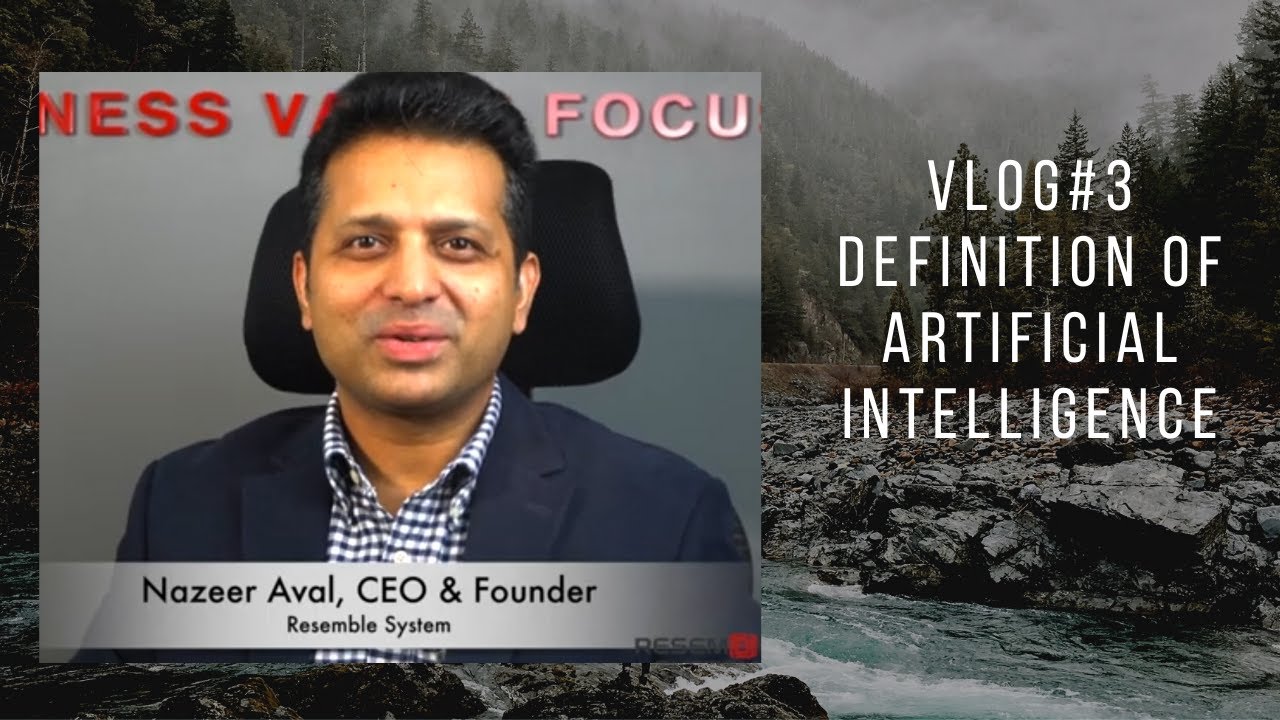DarwinOnThePalouse
Are there reasons for the arrangements of parts in organisms? How can that be, if evolution is a mindless process with no foresight and no purposes? Understanding how reasons themselves evolved long before we human beings reasoned is the key to answering this question.
http://www.DarwinOnThePalouse.org/
The views and opinions expressed in this presentation are those of the author and do not necessarily reflect the views and opinions of Darwin on the Palouse or its sponsors.
Source




The notion that there must be an architect for evolution simply reflects the failure to comprehend the numbers of mutations and the millions of years of not perpetuating millions of non-adaptive changes.
Dennett's argument is that teleology in the Darwinian context refers to the "what for?" meaning of the "why?" question, i.e. purpose. There is no equivocation in Dennett's discourse.
As Dennett puts it, the evolved characteristics of animals and plants have purpose and, while these have been achieved with no ultimate goal or purpose in mind, it is valid to apply the teleologic "what for?" question to such features. (1:04:46)
54:50 Why is it that I'm quite sure that out there – somewhere – there are some creationist that is making big eyes and smiles at this point and thinks: "Daniel Dennett said we are designed, therefore there is a designer and therefore God exists".
Very probable.
Despite everything else Dennett says for about one hour; THAT short sentence is what they will be remembering – and completely taken out of context of course.
Great work with incorporating the slides with the video
That's incredible. There's a whole world, no worldS inside me! In my balls alone, whole worlds! God truly is great.
You deserve 5000 views per day for that video.
Good question. My feeling is that Dennett wants to retain at least the appearance of teleology in nature (while cautioning clearly that it is only an appearance), because of his contention that long-range evolutionary histories can be understood by us reason-representers only if we adopt (carefully) the "intentional stance" toward nature; that is, ask ourselves for a "rationale" to explain some innovation or adaptation. No other mode of representing the process will feel quite explanatory to us.
Very enjoyable. Thanks for uploading.
Dennet told the sun " you have no purpose " – and all the plants replied " we need the sun " . Dennet told the plants – " you have no purpose " – and all the animals that eat plants said – " we need the plants " . Dennet told his legs – " you have no purpose " and his upper torso said – " we need your legs to get around " . Yes , the bible is correct when it says – the FOOL has said there is no God .
There's no fool like an old fool. Just ask Dennet – the self proclaimed philosopher who is nothing more than a hyper darwinist that hides behind the title of philosopher because it hides his true motivations.
mar leo– you disappoint. If one cannot counter Dennett's arguments, you are reduced to impugning his motives. The bible's dictum about fools denying god is transparently self-serving to most people. Think…please, think.
His mic looks like a playstation move controller
I need to watch this again. Thanks for the UP.
Dennet seems bent on denying ID, therefore he resorts to 'to make a machine, you don't need to know how it is made'. Like his clueless, mindless termites which are thereafter termed 'talented, versatile etc.'
His problem is the same as scientists who fail both to prove a designer and a lack of the same.
Reality is not physical but mathematical.
Here's the video Dennett showed a bit of:
"The Inner Life of the Cell" Animated by John Liebler
https://www.youtube.com/watch?v=MZ47-G4XKDw
Inner Life of the Cell (Full Version – Narrated)
https://www.youtube.com/watch?v=FzcTgrxMzZk